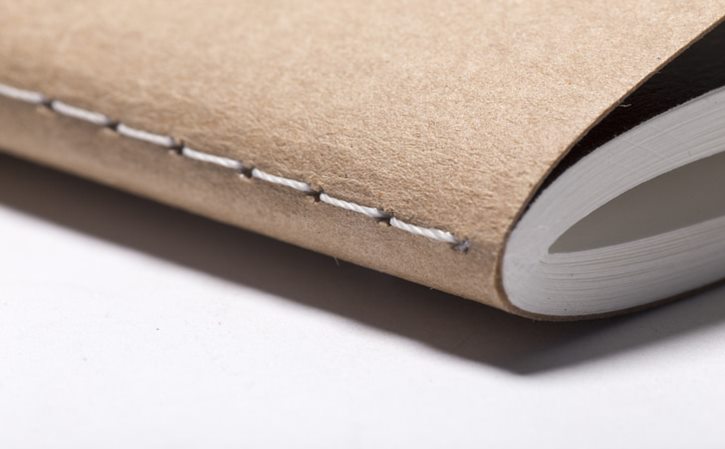英语imitating the lines in them怎么翻译?

求翻译,谢谢啊。英语高手们来
My class will put on a short play in English at the end of the year . Yesterday our English teacher gave us copies of the play.
年底时,我们班要演一个英文短剧。 昨天,英语老师把这个短剧剧本给了我们。
“Choose a character in the play whom you’d like to be ,” she told us . “This evening learn a few lines of this part for homeworks. Then tomorrow you can say those lines in front of the class. I’ll decide who’ll play each part.”
“选一个你们自己想演的角色吧”她对我们说,“今天的家庭作业就是晚上背一些这个部分的台词,明天在班上展示。然后我再决定由谁演出某个角色”。
I wanted to have one of the bigger parts in the play , so I chose the part of the king. He has a lot of lines to say. I learned most of them by heart.
我想做这个短剧的主角,所以我选了国王这个角色。 他有特别多的台词。大部分的台词我都背了。
This morning in our English lesson we had to say our lines. I acted the part of the king. When I said my lines, I put a lot of expression into my acting . I thought I acted really well.
今天上午的英语课我们背了台词。我扮演国王。演出时,我表现得绘声绘色。我满以为我是表现得很到位的。
Everyone in the class read a part and then the teacher decided who would play each part.
在每个人都读了一段台词以后,老师做出了决定。
Many of the students in my class couldn’t act at all . They couldn’t even read without making lots of mistakes . I was sure that I would get a big part in the play.
我的很多同学完全不会表演。就是照着念,他们也会出很多错。我很有信心担任国王。
However, the teacher gave me the part of a soldier. He has only one line. It is , “Yes, sir!”
令人意外的是,老师让我演一个士兵。并且他只有一句话:“遵命!”
I was very disappointed. At the end of the lesson I went up to her and asked her why I had such a small part.
我很失落。快下课时,我忍不住走上前去问老师,为什么该我演那个士兵。
“You put too much expression in your acting,” she said. “Good acting is not big acting. It is acting the audience can believe in .”
“你刚刚的展示,你融入了过多的感情。 太过了。好的演出不是夸张的,而是让观众可以信服的表演。”
I think I know what she means.
我想我明白了她的意思。
翻译成英语。
I am incompetent, I can not give you anything, we will always be two parallel lives in the line!
面对面用英语怎么说?
face to face 请采纳
把下列的翻译成英语?
大家好,今天我要讲的是一个有关郑板桥的故事。
清代书画家郑板桥年轻时家里很穷。因为无名无势,尽管字画很好,也卖不出好价钱。
家里什么值钱的东西都没有。
一天,郑板桥躺在床上,忽见窗纸上映出一个鬼鬼祟祟的人影,郑板桥想:一定是小偷
光临了,我家有什么值得你拿呢?便高声吟起诗来:
大风起兮月正昏,有劳君子到寒门!
诗书腹内藏千卷,钱串床头没半根。
小偷听了,转身就溜。郑板桥又念了两句诗送行:
出户休惊黄尾犬,越墙莫碍绿花盆。
小偷慌忙越墙逃走,不小心把几块墙砖碰落地上,郑板桥家的黄狗直叫着追住小偷就
咬。郑板桥披衣出门,喝住黄狗,还把跌倒的小偷扶起来,一直送到大路上,作了个揖,又
吟送了两句诗:
夜深费我披衣送,收拾雄心重作人。
我的演讲完毕,谢谢。
Yo, guys. I'm gonna talk about a story of Zhengbanqiao, which is a Chinese calligrapher and painter during the Qing dynasty. And he was poor when he was young. He was great in Chinese calligrapher, but there was seldom anybody bought his calligraphies when he wasn't so famous. He was as poor as a church mouse.
One day, when he was lying in the bed he saw someone sneaked around his house through the window. He was sure that must be a thief, but what could be considered valuable enough to steal in his house? Then he started reading a poem, which meant that you're barking on the wrong tree. And the thief turned around trying to escape when Zheng begun to read another poem, which reminded the thief of the dog Zheng fed and don't break the flowerpot. But the thief was so scared that he woke up the dog when he's trying to jump over the wall. Then the dog begun to bite the thief. But Zheng went out and picked up the thief and saw him off on the main road then read another poem, which meant you were here to waste my time and bring up your courage getting rid of being a thief.
That's all I wanna say.
Thanks everybody.
